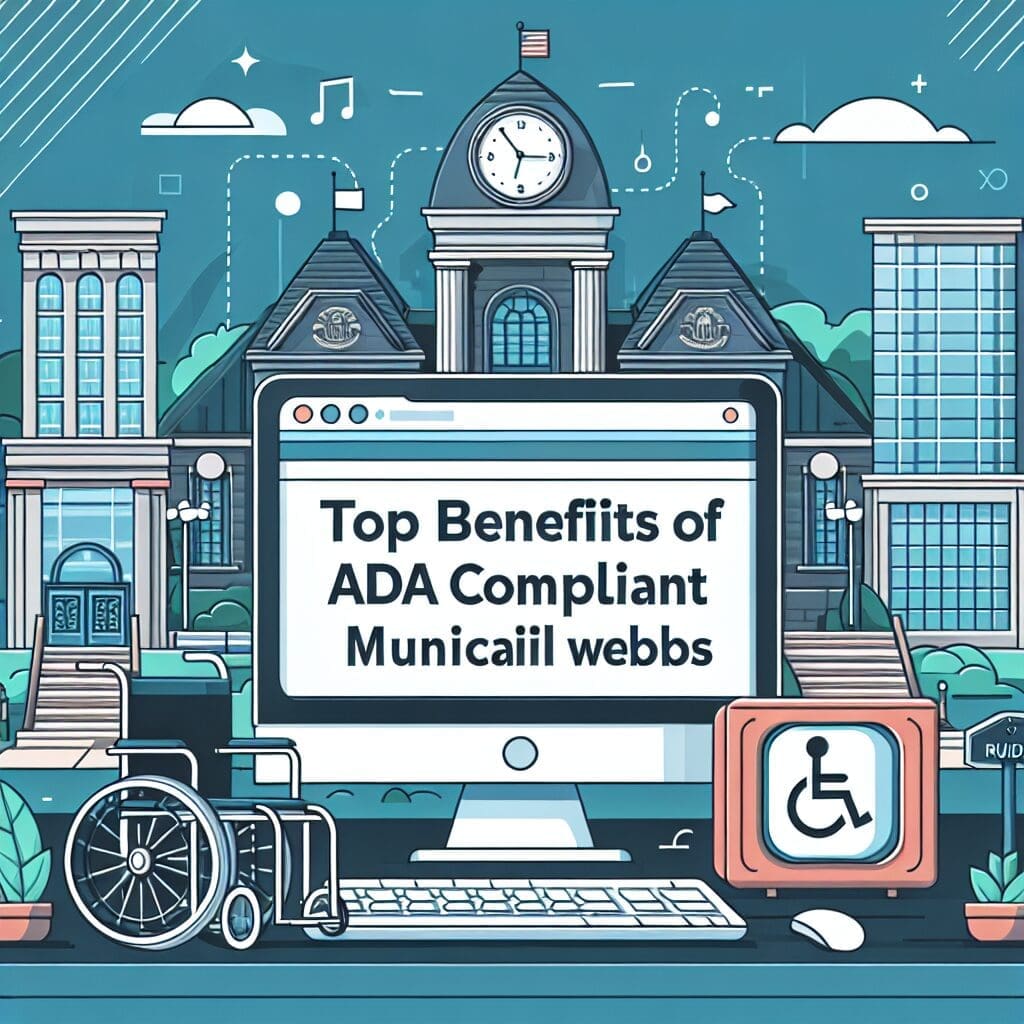Running for mayor is a significant undertaking that requires strategic planning, dedication, and a deep understanding of your community. As the mayor, you have the opportunity to shape local policies, address public concerns, and lead your city to greater heights. In this guide, we’ll walk you through the essential steps on how to run for mayor and ensure your campaign has the foundation it needs to succeed.
Step 1: Understand the Role of a Mayor
Before you decide to run for mayor, it’s crucial to understand the responsibilities of the position. A mayor’s role involves leading the executive branch of the municipal government, overseeing city departments, and working with the city council to enact policies. You’ll need to manage budgets, ensure public safety, and create strategies for economic growth, among other duties.
Running for mayor is a significant undertaking that requires strategic planning, dedication, and a deep understanding of your community. As the mayor, you have the opportunity to shape local policies, address public concerns, and lead your city to greater heights. In this guide, we’ll walk you through the essential steps on how to run for mayor and ensure your campaign has the foundation it needs to succeed.
Understand the Role of a Mayor
Before you decide to run for mayor, it’s crucial to understand the responsibilities of the position. A mayor’s role involves leading the executive branch of the municipal government, overseeing city departments, and working with the city council to enact policies. You’ll need to manage budgets, ensure public safety, and create strategies for economic growth, among other duties. Make sure you are fully aware of what the job entails and are prepared to commit the time and energy necessary to fulfill these responsibilities.
Meet Eligibility Requirements
Before launching your campaign, you must confirm that you meet the eligibility requirements for running for mayor in your city. Requirements may vary depending on the local laws but typically include:
- Being of a certain age, usually at least 18 or 21.
- Being a resident of the city for a specified period (e.g., one or two years).
- Being a registered voter in the city.
Check with your local election office to ensure you meet all criteria.
Develop a Clear Campaign Platform
Your campaign platform is the foundation of your mayoral run. It should address the key issues facing your community and offer solutions to those problems. To create an effective platform, talk to community members, attend public meetings, and research the most pressing concerns of your city. Focus on topics such as:
- Economic development
- Public safety
- Infrastructure improvements
- Education
- Environmental initiatives
Presenting a clear and compelling vision for the future of your city will be essential to winning voter support.
Build a Strong Campaign Team
Running for mayor is not a one-person job. You’ll need a reliable and committed team to support you through the entire campaign process. Key positions to consider include:
- Campaign manager
- Communications director
- Volunteer coordinator
- Fundraising coordinator
- Digital marketing expert
These individuals will help manage everything from organizing events to creating a winning social media strategy. If you’re new to campaign management, consider using tools like those offered by SnapSite to streamline your efforts.
File Your Candidacy
Once your team is in place and your platform is solidified, it’s time to file your candidacy. This process involves submitting the necessary paperwork to your local election office. Make sure to:
- Complete the required forms.
- Pay any necessary filing fees.
- Submit signatures if required for ballot access.
Check deadlines for filing and be sure to submit everything on time. Missing the deadline can result in your disqualification from the race.
Fundraise for Your Campaign
Campaigns can be expensive, and you’ll need financial resources to cover advertising, event costs, staff salaries, and more. Fundraising is crucial for getting your message out to voters. Start by:
- Hosting fundraising events.
- Reaching out to potential donors.
- Leveraging online donation platforms.
Many successful campaigns use digital tools to maximize their reach. Consider using SnapGov, a political campaign website builder that allows you to easily set up a professional site where you can collect donations and share your platform with the public.
Get Your Name Out There
Name recognition is a critical factor in winning elections. Utilize a combination of traditional and digital marketing strategies to make sure voters know who you are and what you stand for. Key tactics include:
- Door-to-door canvassing
- Hosting public events and town halls
- Attending community meetings and events
- Placing yard signs and posters around the city
- Running advertisements in local media
In today’s digital age, online presence is also vital. Make sure you have a well-designed website that features your platform, donation links, and contact information. Consider using platforms like SnapSite to create a professional and easy-to-navigate campaign website.
Engage with Voters
Voter engagement is key to winning any election. Make sure you’re actively communicating with voters through social media, email newsletters, and community events. Respond to concerns and questions from the public to demonstrate that you care about their opinions and are willing to listen.
Additionally, participating in debates and public forums allows you to showcase your knowledge and leadership skills while differentiating yourself from other candidates. Be prepared to answer tough questions and present your vision for the future clearly and confidently.
Monitor Your Progress
Throughout your campaign, it’s essential to continuously monitor your progress and adjust your strategy when necessary. Keep track of key metrics such as:
- Fundraising totals
- Voter outreach efforts
- Public opinion polls
- Media coverage
This data will help you identify areas where you need to focus more attention or allocate additional resources. A well-executed campaign is flexible and can adapt to changing circumstances.
Prepare for Election Day
As Election Day approaches, ramp up your efforts to get voters to the polls. This may include:
- Organizing a “Get Out the Vote” (GOTV) campaign.
- Distributing reminders and information about polling locations.
- Offering rides to polling stations for those in need of transportation.
Be sure to comply with any local regulations about voter outreach and polling station conduct.
Conclusion
Running for mayor is a challenging but rewarding experience. By understanding the responsibilities of the role, developing a clear platform, building a strong team, and engaging with voters, you can set your campaign up for success. Utilizing online tools like SnapSite and SnapGov will streamline your efforts and help you focus on what really matters—making a difference in your community. Whether it’s through effective fundraising or community engagement, staying organized and adaptable will improve your chances of winning the race for mayor.




